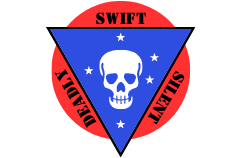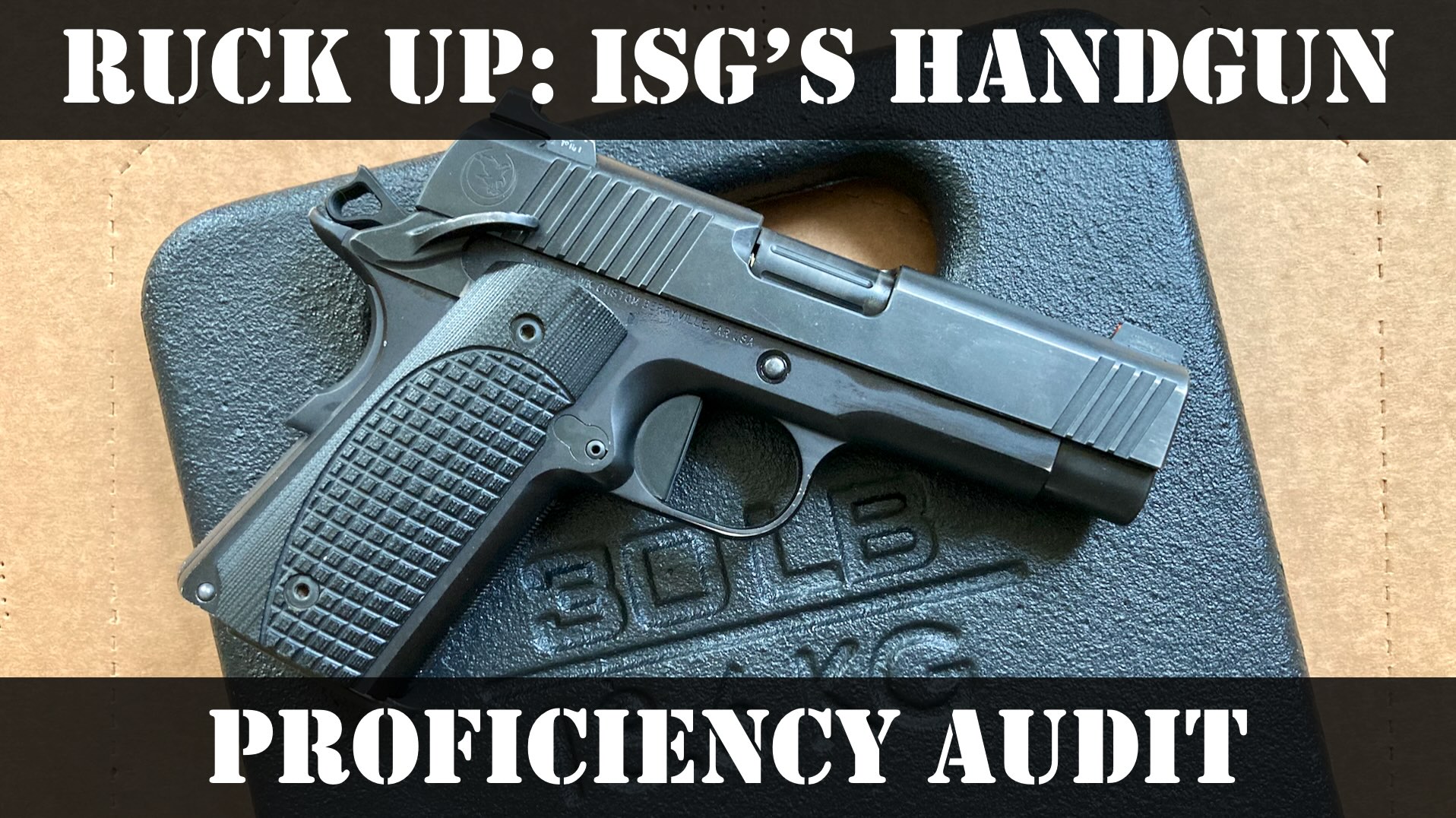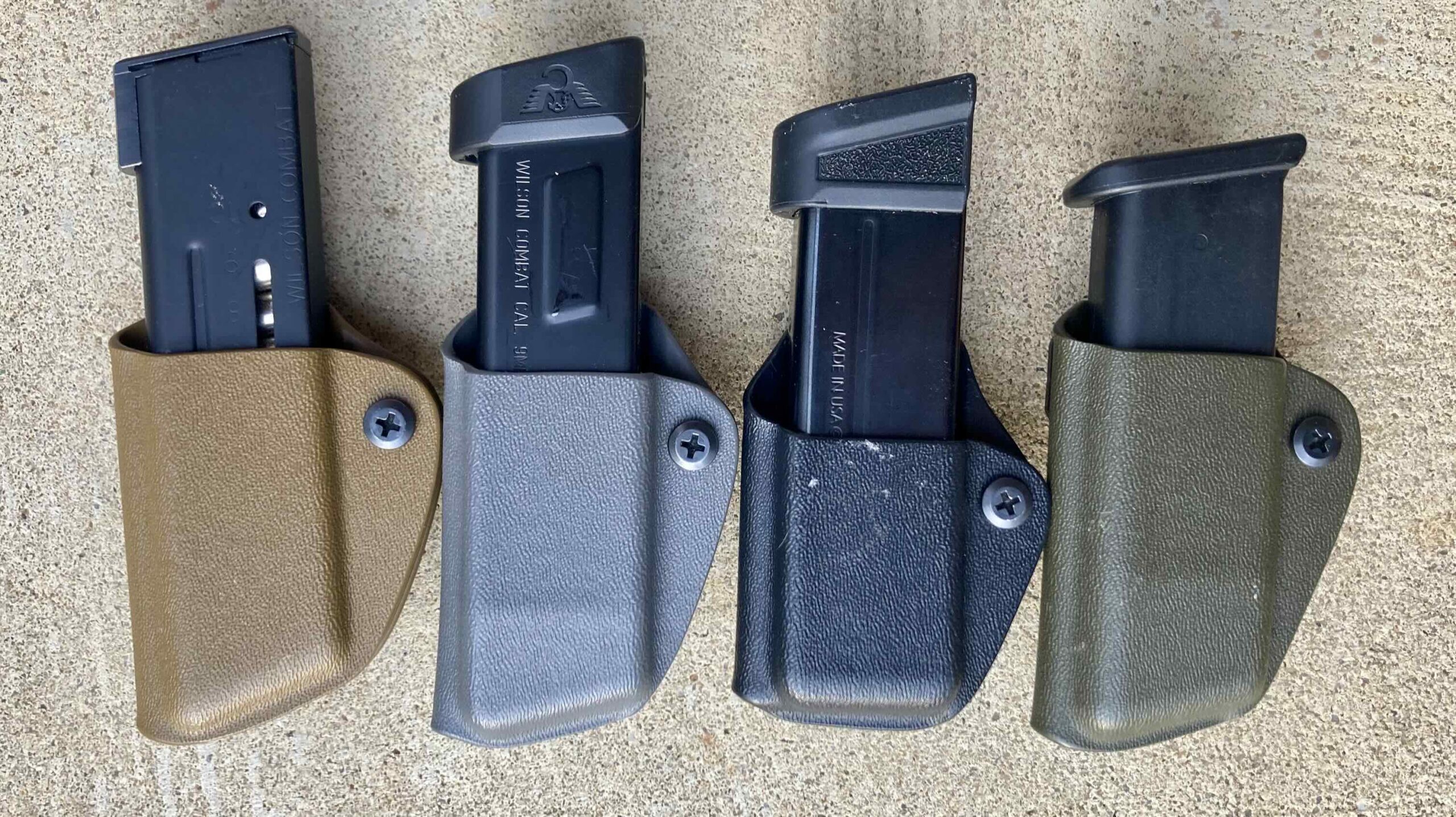Recently I was talking to a friend. I was explaining – or rather, complaining about – my brother-in-law’s sub-par state of preparedness. The response I got was, “he should be good for anything short of Armageddon.” I’d like to like to parse that sentence just a bit because I think there is a lot to learn from it.
While terms like “Armageddon” and “TEOTWAWKI” (The End Of The World As We Know It, also known as Doomsday, the Boogaloo, etc.) (I will try to call it “Armageddon” from here on out because I hate typing the other one) have given us some convenient forum shorthand, I think they are actually a bit problematic. They shape our impressions of an emergency and, in my opinion, not in a productive way. Let’s look at some problems with the “Armageddon” model.
Problems with “Armageddon” and “TEOTWAWKI”
They’re reductive. Writing something off as Armageddon doesn’t take into account the reality of most collapses or disasters. It’s comparatively easy to plan for “Armageddon” because it’s clear cut. There’s no ambiguity. If you find yourself in Armageddon you won’t have to worry about the mortgage or the payments (or insurance) for that $57,000 pickup any more. During Armageddon you don’t have to make difficult decisions like a.) go to work and risk dangerous checkpoints, bombings, or catching a disease or b.) stay home and risk not being able to meet the mortgage for the second month in a row. It’s Armageddon, so of course you stay at home in your MultiCams, pulling security, eating MREs, and reading novels through NVGs because you suddenly have white-light discipline.
During “Armageddon” there is a definitive start to the emergency. In TEOTWAWKI there is no ambiguity about, “should I call in sick today? Should I save my sick days until it gets really bad?” or “should we start eating our ‘preps’ now, or risk another grocery store run? Is now the calm before the storm?” In real emergencies decision-making may be hard work. Ambiguity is everywhere and probably very little will be clear-cut.
They’re unrealistic. My friend used the term “Armageddon” to express something unrealistic, and to express to me that I should be unconcerned. He was essentially telling me not to worry because in his viewpoint there are only two possible states of being: a.) the way things always have been and b.) a way of life that is completely unrecognizable. Saying, “…short of Armageddon” indicates that he believes the possibility is non-existent.
And he’s not wrong. The likelihood of true Armageddon – whatever specific form that takes for you – is very, very small. In my lifetime I probably won’t end up wandering the Earth alone and on foot, heavily armed, living by my wits, and scrounging shoes of of corpses. It’s just very, very unlikely.
So what’s my problem? My problem is that envisioning nothing between here and Armageddon is a huge failure of imagination. There are plenty of shitty situations – plenty of downgrades in stability and quality of life and plenty of upgrades in hardship and day-to-day peril – between “here” and Armageddon.
Closer to Reality
I like to think about The Troubles of Northern Ireland as an instructive example. I like this example because the way of life in Belfast is fairly recognizable to North Americans. Belfast is a first-world city with fine architecture and mass transit and rich history. You can travel there today. Yet, when I was a kid Belfast was one of the most dangerous cities on the planet. Bombings and shootouts were almost daily occurrences. Atrocities like the Corporals’ Killings were, if not commonplace, not the stuff of far-off wartime reporting – they happened in peoples’ backyards.
Despite violent military, police, and insurgent action the streets, was Belfast experiencing Armageddon? Not even close. People still had to go to work. Their bills still came due at the end of the month. They still used their toilets and took showers. They still had weddings and funerals and teenagers still snuck off to do teenager stuff. Even in Iraq and Afghanistan life goes on despite violence that is completely unimaginable to most Americans.
Yet consider what it would be like if bombs were going off in your city nightly. If gunfights (with battle rifles and machine guns) could break out at anytime, and the military (possibly even what you view as a foreign military) was actively patrolling your city. Would it be a good idea to have some preps? To have the ability to leave home as infrequently as possible? Would it be really, really comforting to be prepared to defend yourself beyond the “three shots, three yards, three seconds” paradigm?
The Results
Thinking along black and white lines with nothing between “normal” and “Doomsday” creates some real problems. I think it creates problems for preppers, and I think it creates friction in getting “normal” people to consider preparedness. Let’s look at both.
I think a lot of preppers have internalized the “Armageddon” line of thinking. For example, I recently saw a poll asking readers if their preparedness items aligned with the reality of the COVID pandemic. Not surprisingly, a lot of them said, “no.” Ultimately, that’s why I prefer systems of resiliency rather than “preps.” Preps get mothballed and put away in case of emergency. That is a really, really expensive and inefficient model. If I have a pallet of Mountain House meals, I have a huge financial investment that consumes space, and very likely goes bad before it is consumed.
Being able to help someone else imagine nothing other than Armageddon also makes it really, really difficult to get them to think about preparedness. And those non-preppers are right: Armageddon is far-fetched as all hell. It’s unrealistic. It’s probably not going to happen and it doesn’t make a lot of sense to prepare for it. It does, however, make a lot of sense to be able to completely sustain oneself for up to a month because of earthquake, hurricane, wildfire, major terrorist event…or pandemic.
There is a lot of bad potentiality before we arrive at true “Armageddon.” Let’s not let the distant, unrealistic influence our ability to plan and prepare realistically for the much more plausible.
Image Attribution: Voice of America News: Scott Bobb reports from Aleppo, Syria / Public domain, retrieved from https://commons.wikimedia.org/wiki/File:Bombed_out_vehicles_Aleppo.jpg





